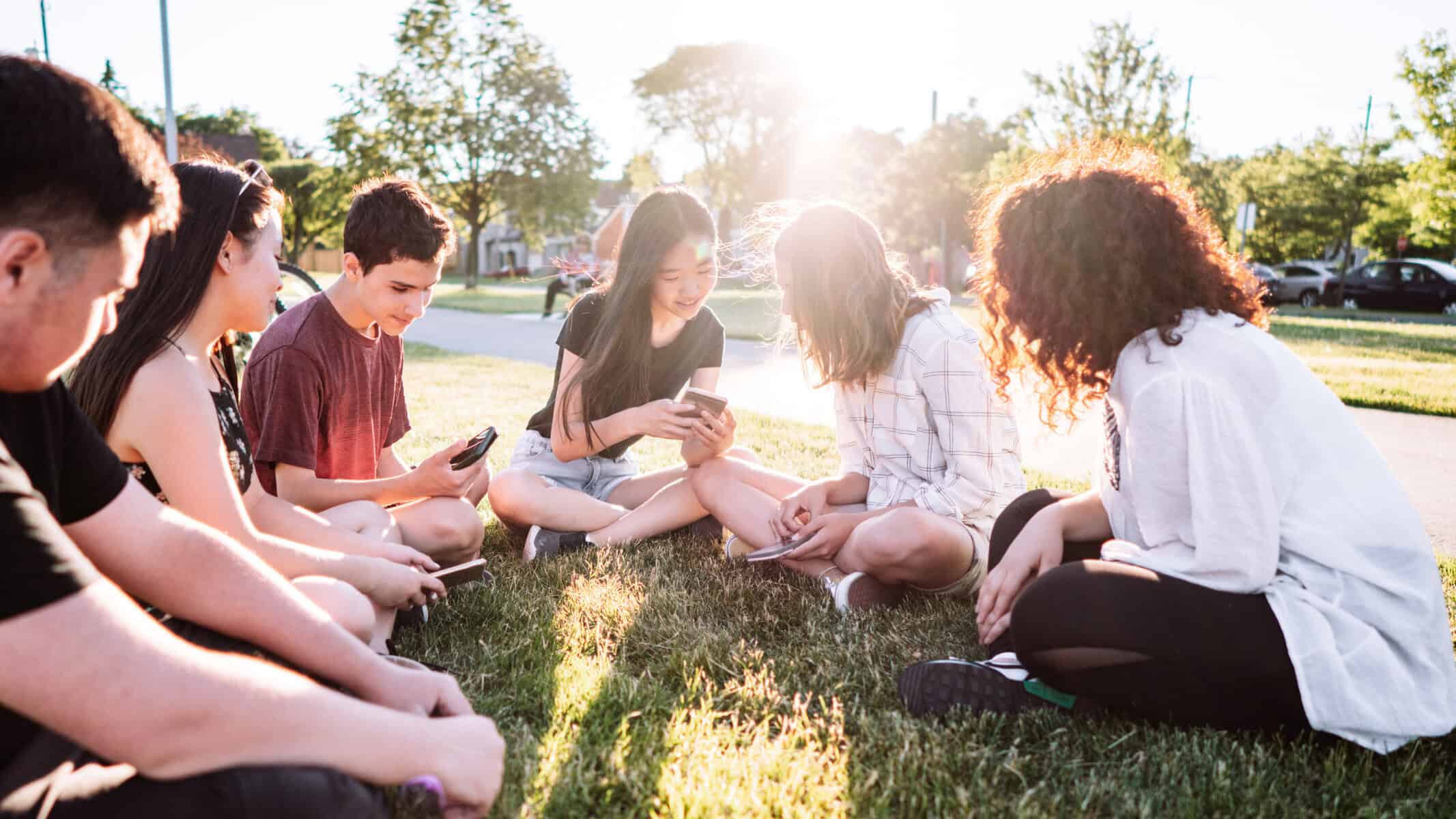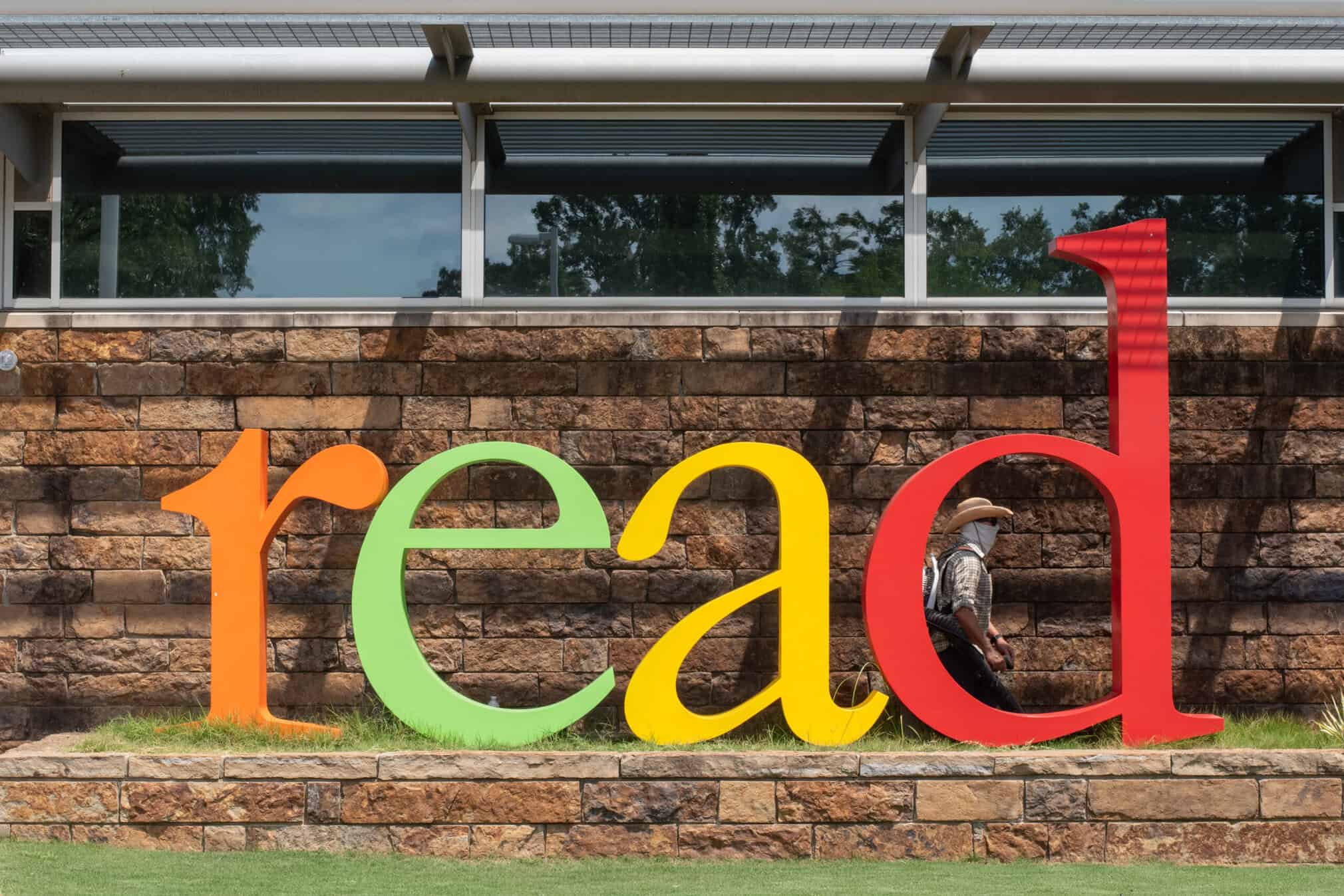Creating access is an act of community.
I count the little heads sitting on the storytime carpet waiting for the main event. Our opener was loud, a tantrum from a toddler who has struggled since her baby sister arrived. I know this because their mother told me as we stood together at the back of the room. I hold baby sister while mom settles her toddler. We understand each other.
Among the little heads are my two, Rosie and Beau. They are four and five years old, respectively, and they wear their disabilities on their bodies and voices. Beau, with his almond-shaped eyes, short stature, and precious few intelligible words and phrases and Rosie, with eyes that match her brother’s and a wheelchair that offers a kind of independence that only families like ours can understand.
It was the lack of wheelchair accessibility in most public spaces that first gave me a wave of now familiar grief in a very public place.
It was a stormy day, so we had to do an indoor activity after preschool. We decided to walk around the mall as a family, trying to get Beau’s energy out before we grabbed dinner at a restaurant in the building. When the time came, we rounded a corner toward the fast-casual place we planned to eat.
I instantly noticed the layout of the restaurant was not accessible. All tables on the lower floor, where we’d entered, were taken. To order our meal, we would have to scale four-or-so steps before being in the queue. The restaurant had two entrances: one from the inside of the mall, which is where we approached, and another from the sidewalk outside of the mall. In order to access the restaurant and eat when we arrived we would have to walk outside, where rain was pouring buckets, and enter from the other door.
Inaccessible space making often goes unnoticed until it impacts your family directly. My father was also a wheelchair user, so as a child I experienced my fair share of disappointment due to his absence simply because a space lacks a ramp or a clear path to move through. I learned implicitly that the world did not want people like my dad to join abled people in spaces where we congregate. The world was not created for my dad.
Based on my unique parenting experience, the world was not created for my children either. This brings a familiar grief that you can only imagine until you experience it.

Grief disappears at storytime. We enter with everyone else using a visible ramp at the main entrance. Space is made for Rosie’s wheelchair, and Beau can spin and stim until he’s regulated enough to sit for the story.
We are with the world, among new friends.
The faith of my youth taught me that the world is broken, in need of redemption. A new heaven and a new Earth are an end goal for believers, and in this new heaven and Earth all will be at peace, and the grief and tears of today will be no more.
The closest thing I have experienced to this peace of the Scriptures is storytime with my kids. Heaven is a library— a public library. And we never want to leave.



